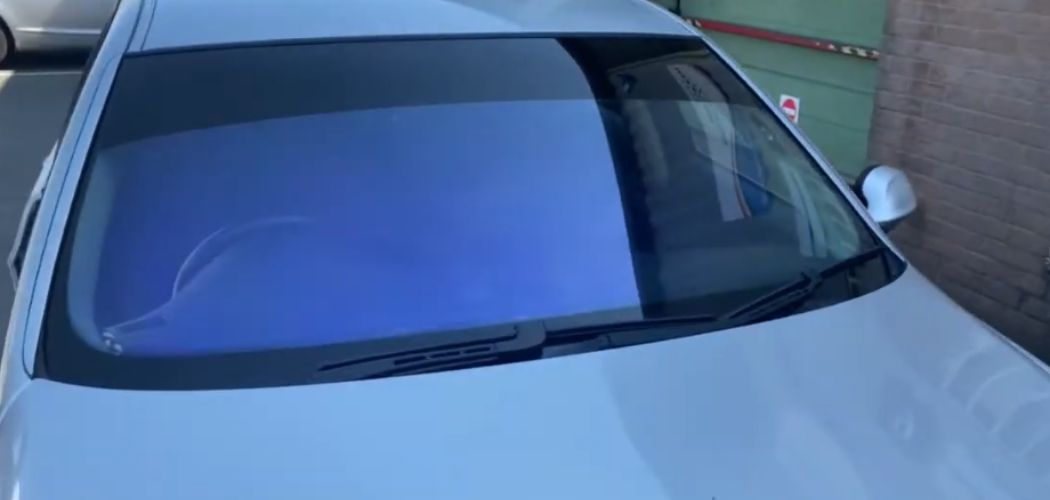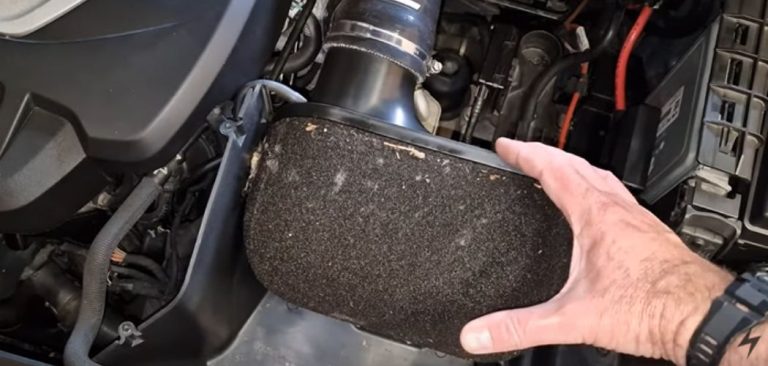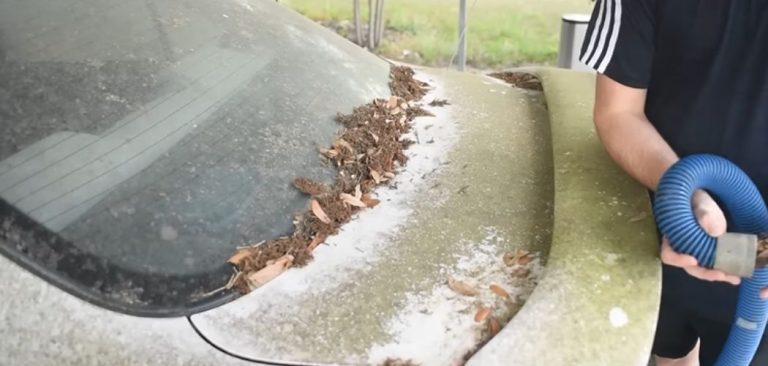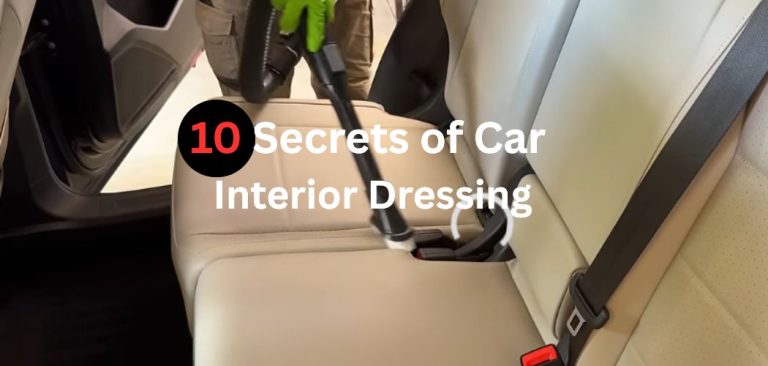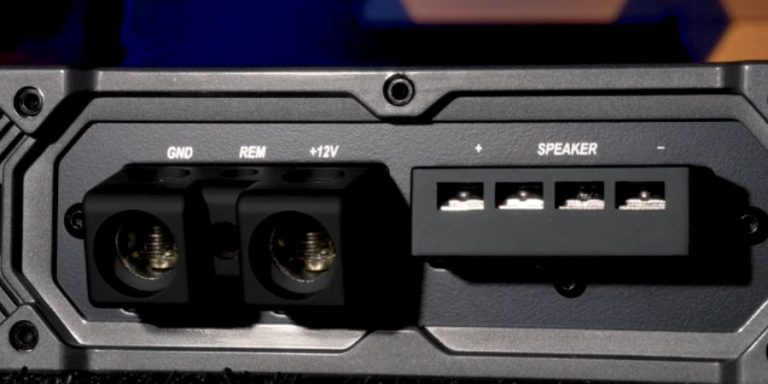A salvage title means a car has suffered significant damage. It’s important to know if your car has one.
Buying or owning a car with a salvage title can be tricky. It affects the car’s value, insurance, and safety. Knowing if your car has a salvage title helps you make informed decisions. I will explain how to identify a salvage title.
We’ll cover the signs, what to check, and where to look. Understanding this can save you money and avoid future problems. Keep reading to learn more about your car’s title status.
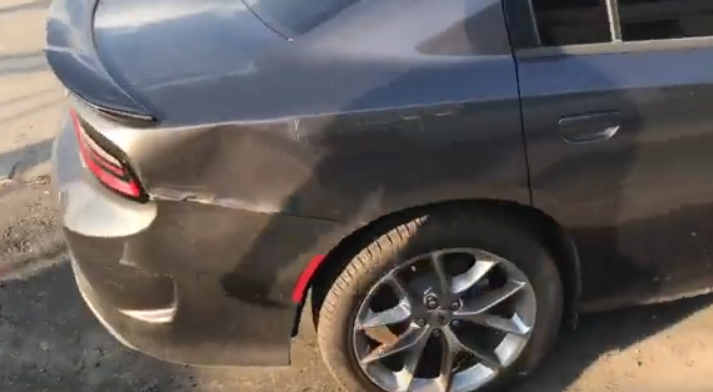
How can you identify if a car has a salvage title?
It is crucial to know the signs. Salvage title cars often have visible damages, irregular gaps, and misaligned parts. These signs can help you make an informed decision.
Visible Damages
Check the car for any visible damages. Look for dents, scratches, and rust. These can be a clear indication of a salvage title. Examine the body panels and paint. If the paint appears uneven or mismatched, it may have been repaired.
Look under the car. Inspect the frame and undercarriage. Serious damage to these areas can mean the car was in a major accident. Watch for signs of welding or patching. These can be telltale signs of a salvage car.
Irregular Gaps And Misaligned Parts
Inspect the gaps between the car’s body panels. They should be even and consistent. Irregular gaps can signal past damage. Pay attention to the alignment of doors, hoods, and trunks. Misaligned parts can mean the car was in a crash.
Examine the car’s interior. Check if the dashboard and panels fit well. Loose or misaligned interior parts can also be a sign of previous damage. A salvage title car may have uneven surfaces and mismatched components.
| Signs of Salvage Title | What to Look For |
|---|---|
| Visible Damages | Dents, scratches, rust, uneven paint |
| Irregular Gaps | Uneven gaps between body panels |
| Misaligned Parts | Misaligned doors, hoods, trunks, and interior panels |
Title And Registration Clues
Title and registration documents provide key clues about a car’s history. These documents help you identify if a car has a salvage title. Look closely at the title and registration for specific words and markings.
Title Branding
Title branding often indicates a car’s condition and history. A salvage title means the car had major damage. Look for any branding that mentions “salvage,” “junk,” or “total loss.” These terms mean the car was in a serious accident or had other major issues.
Rebuilt Or Reconstructed Wording
Titles may also include words like “rebuilt” or “reconstructed”. These terms show that the car was repaired after being declared salvage. A rebuilt title means the car was fixed and inspected for safety. This title type is less severe than a salvage title, but it still indicates a past major repair.
| Term | Meaning |
|---|---|
| Salvage | Car had major damage, deemed a total loss |
| Junk | Car is not drivable and has major issues |
| Rebuilt | Car was repaired and passed safety inspection |
| Reconstructed | Similar to rebuilt, car was fixed after being salvage |
- Check for branding terms on the title.
- Look for words like "salvage," "junk," or "total loss."
- Note any wording about "rebuilt" or "reconstructed."
- Inspect the title closely.
- Identify any branding or special wording.
- Understand the meaning of each term.
Vehicle History Reports
Vehicle history reports are crucial for anyone checking a car’s background. They reveal past accidents, ownership history, and title information. A salvage title indicates severe damage. Understanding these reports helps you know if a car has a salvage title.
Importance Of Vin Check
Every car has a unique Vehicle Identification Number (VIN). This number is key to accessing a vehicle’s history. A VIN check reveals important details. It shows if the car was in any major accidents. It also reveals if the car has a salvage title.
Reliable Sources For Reports
Several trusted sources provide vehicle history reports. Carfax and AutoCheck are among the most reliable. These services offer detailed reports. They get data from insurance companies, DMVs, and auto shops. This ensures accurate and comprehensive information.
Insurance Challenges
Owning a car with a salvage title can come with several insurance challenges. This status often affects how insurance companies view your vehicle. They might consider it a higher risk, leading to specific difficulties you should be aware of.
Higher Premiums
Cars with salvage titles often have higher insurance premiums. Insurers see them as more likely to need repairs. The history of significant damage makes these vehicles riskier. This perceived risk translates to higher costs for you.
Limited Coverage Options
Insurance companies may offer limited coverage options for salvage title cars. Comprehensive and collision coverage might be harder to get. Some insurers might only provide liability coverage. Finding full coverage can be a challenge. This limitation means you may not get complete protection for your car.
Inspection Tips
Checking if your car is a salvage title is crucial for safety. A thorough inspection can reveal hidden problems. Here are some tips to help you.
Professional Mechanic Assistance
Hire a professional mechanic. They have the expertise to spot issues. Mechanics can find hidden damages. They use specialized tools for the job. It can save you from future headaches.
Detailed Inspection Checklist
Use a detailed checklist. Look for signs of frame damage. Check for uneven gaps in the body panels. Inspect the paint for inconsistencies. Examine the tires for uneven wear.
Inspect the engine. Look for leaks and rust. Check the fluid levels. Listen for unusual noises. Test all lights and signals.
Check the interior. Look for water damage. Inspect the upholstery for stains. Test all electronics. Make sure the air conditioning works.
Take the car for a test drive. Feel for unusual vibrations. Listen for strange noises. Test the brakes. Ensure the car drives straight.
These steps help you identify a salvage title. Stay informed and safe.
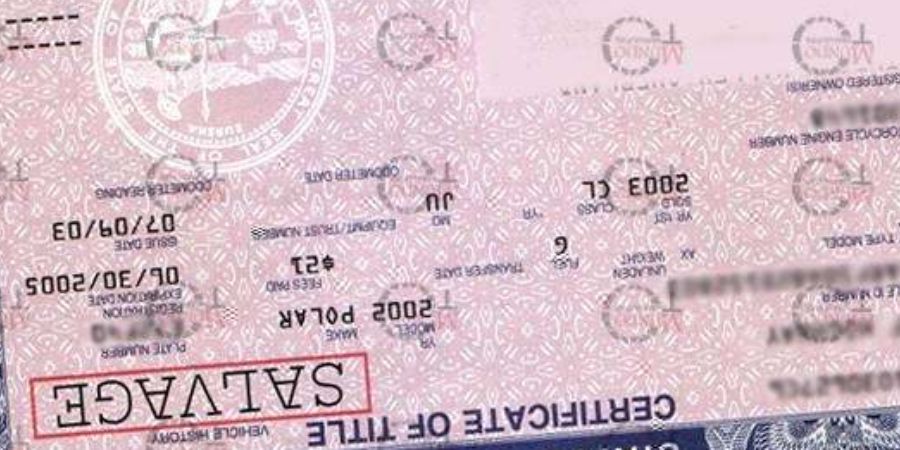
Test Drive Considerations
Taking a test drive is crucial when determining if a car has a salvage title. Pay attention to specific signs that might indicate deeper problems. Here are some key considerations you should keep in mind during your test drive.
Unusual Noises
Listen closely for unusual noises while driving. These can include:
- Grinding sounds
- Rattling or clunking noises
- Whistling or hissing sounds
Such noises may hint at underlying mechanical issues. They might be hard to fix or expensive. If you hear something odd, ask a mechanic to check it out. Don’t ignore these signs.
Handling And Performance Issues
Observe how the car handles on the road. Pay attention to:
- Steering responsiveness
- Brake efficiency
- Acceleration performance
Problems in these areas can point to prior damage. The vehicle may have been in an accident. Check for the following:
| Handling Issue | Possible Cause |
|---|---|
| Loose steering | Suspension damage |
| Poor braking | Brake system wear |
| Slow acceleration | Engine trouble |
If the car has handling issues, it could be unsafe to drive. Always prioritize your safety.
Seller Transparency
Understanding seller transparency is key when checking for a salvage title. Honest sellers provide clear information about the car’s history. They answer questions directly and offer necessary documents. This helps buyers make informed decisions.
Direct Questions To Ask
Ask if the car has ever been in an accident. Find out if the car has a salvage title. Request details about any repairs done on the car. Ask for a vehicle history report. This report should confirm the seller’s answers. Inquire about the reason for the car’s salvage title. A clear answer is crucial for trust.
Red Flags In Seller Behavior
Notice if the seller avoids eye contact. Be wary if they change the topic often. Hesitation in answering simple questions is a bad sign. Beware if they refuse to provide a vehicle history report. This report should be readily available. Watch out for overly aggressive sales tactics. This can indicate something is wrong with the car.
Legal And Financial Implications
Understanding the legal and financial implications of owning a salvage title car is crucial. These implications can affect your car’s resale value and your obligations under state laws.
Resale Value Impact
A salvage title car typically has a lower resale value. Buyers often hesitate to purchase these vehicles. They are perceived as risky investments. You might need to sell at a significant discount. This lower value affects your ability to recover the initial cost. It also impacts the car’s marketability.
State Laws And Regulations
State laws governing salvage title cars can vary widely. Some states have strict regulations. Others are more lenient. Knowing your state’s specific requirements is essential. You may need to pass certain inspections. There could be additional paperwork to complete. Failing to meet these requirements can lead to fines. It may also result in registration issues.
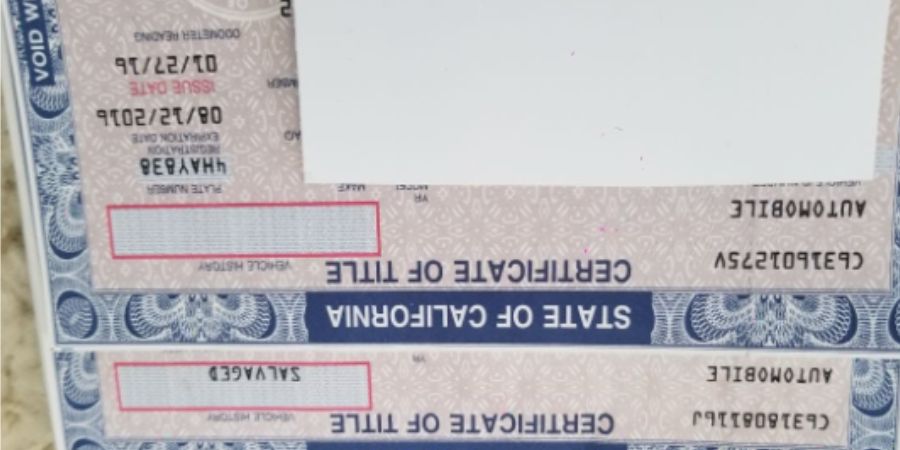
Frequently Asked Questions
What Is A Salvage Title Car?
A salvage title car has been damaged or deemed a total loss by an insurance company. This could be due to accidents, floods, or other significant damage.
How To Identify A Salvage Title?
Check the car’s title documentation for the word “salvage. ” Also, use vehicle history report services like Carfax or AutoCheck.
Can A Salvage Title Be Removed?
No, once a car has a salvage title, it cannot be removed. However, it can be rebranded as “rebuilt” after repairs and inspections.
Is Buying A Salvage Title Car Risky?
Yes, buying a salvage title car can be risky. These vehicles may have hidden damages and lower resale values.
My Opinion
Knowing if your car has a salvage title is crucial. It affects value and safety. Check the vehicle history report. Look for signs of major repairs. Verify with your local DMV. Always stay informed and make smart decisions. Protect your investment.
Stay safe on the road. Knowledge is power.

